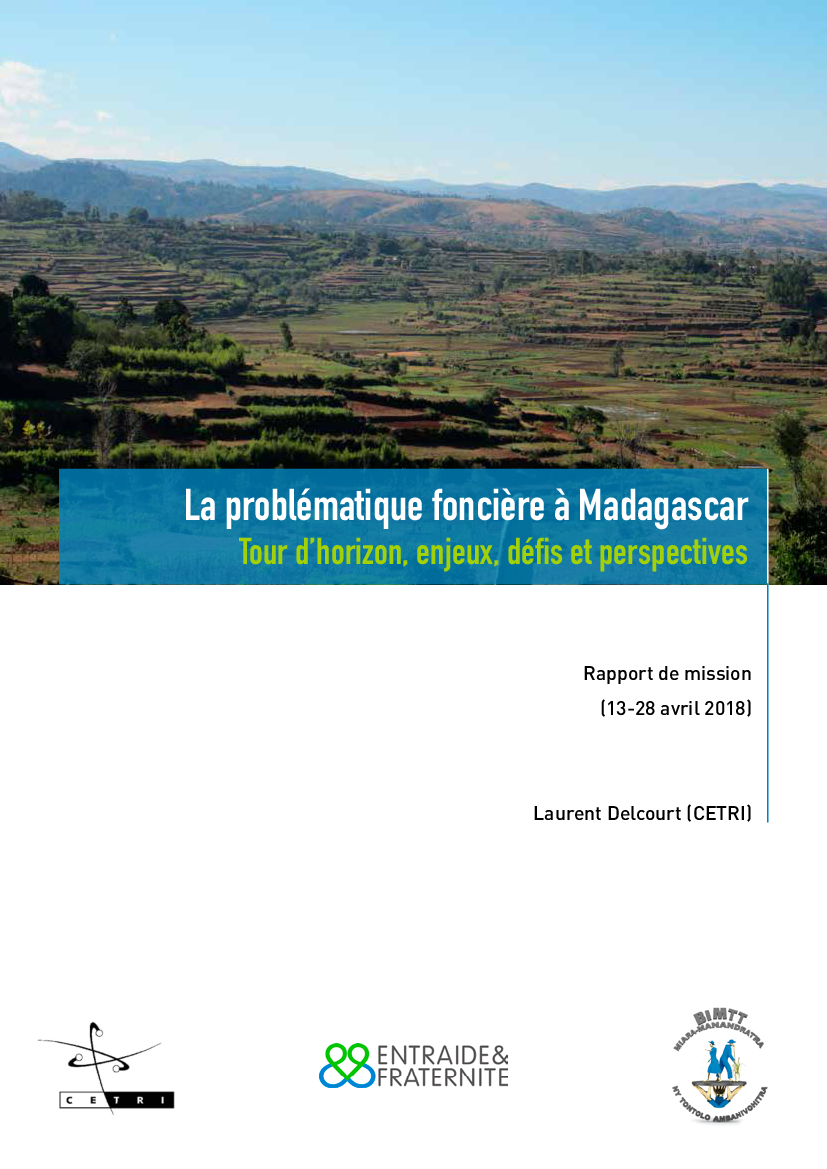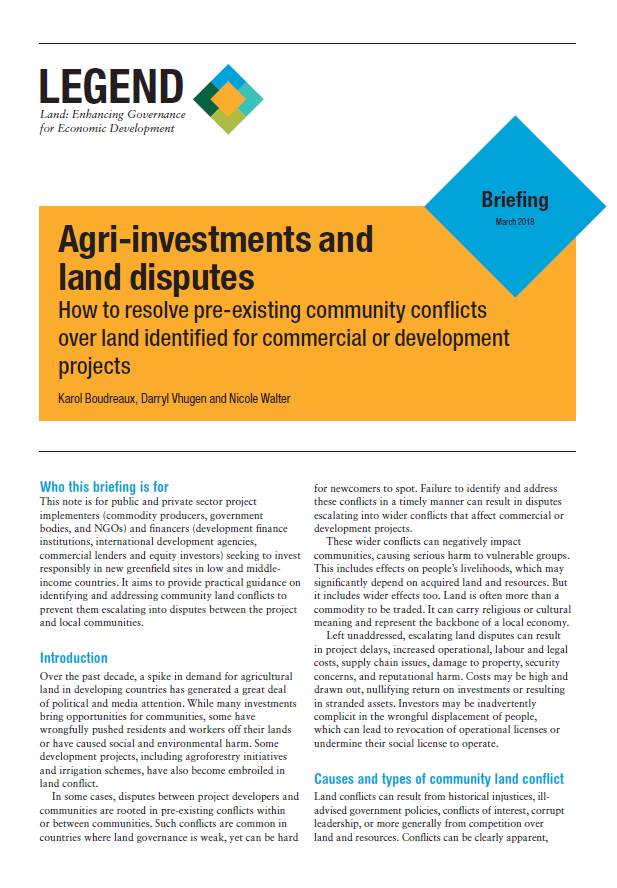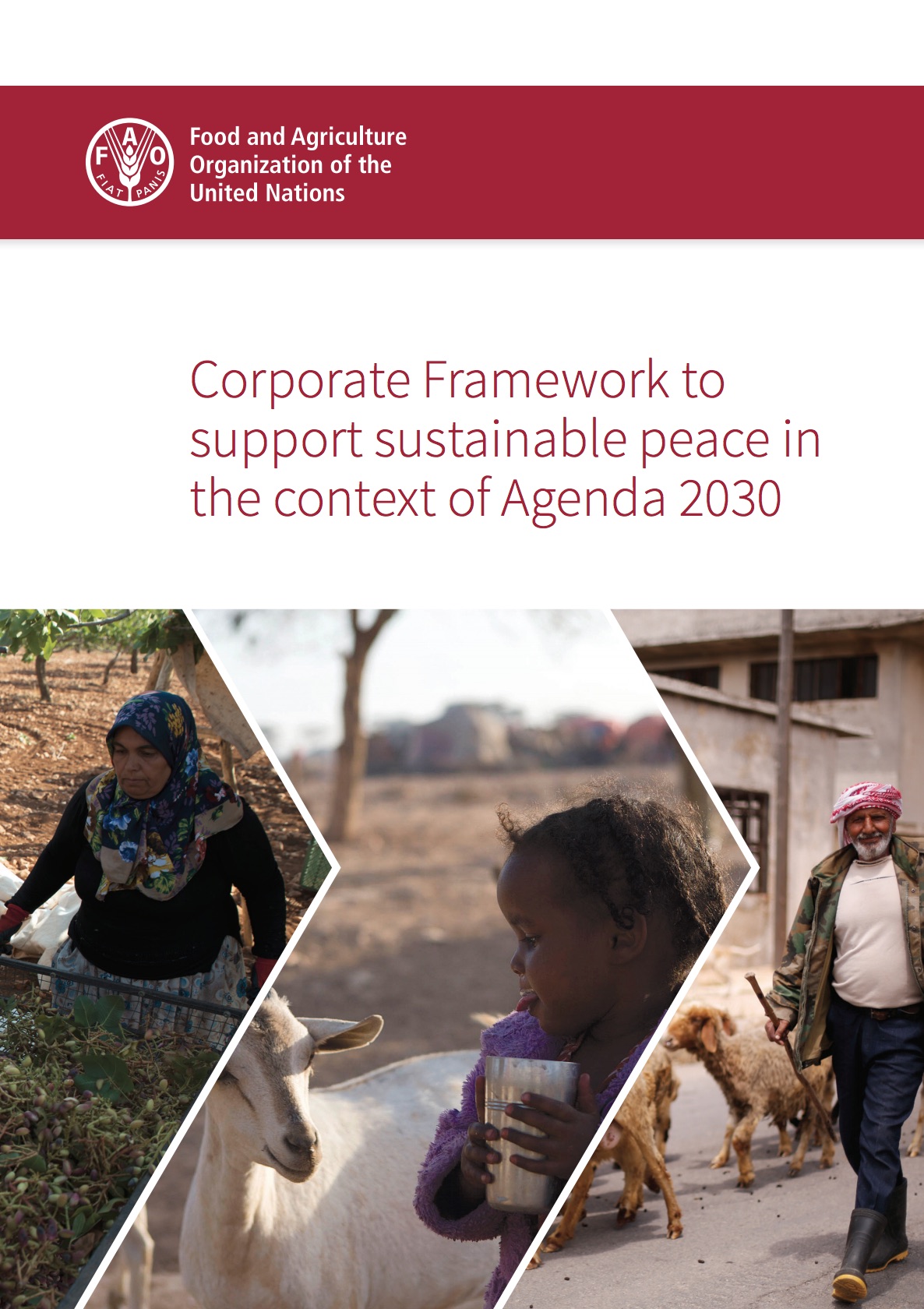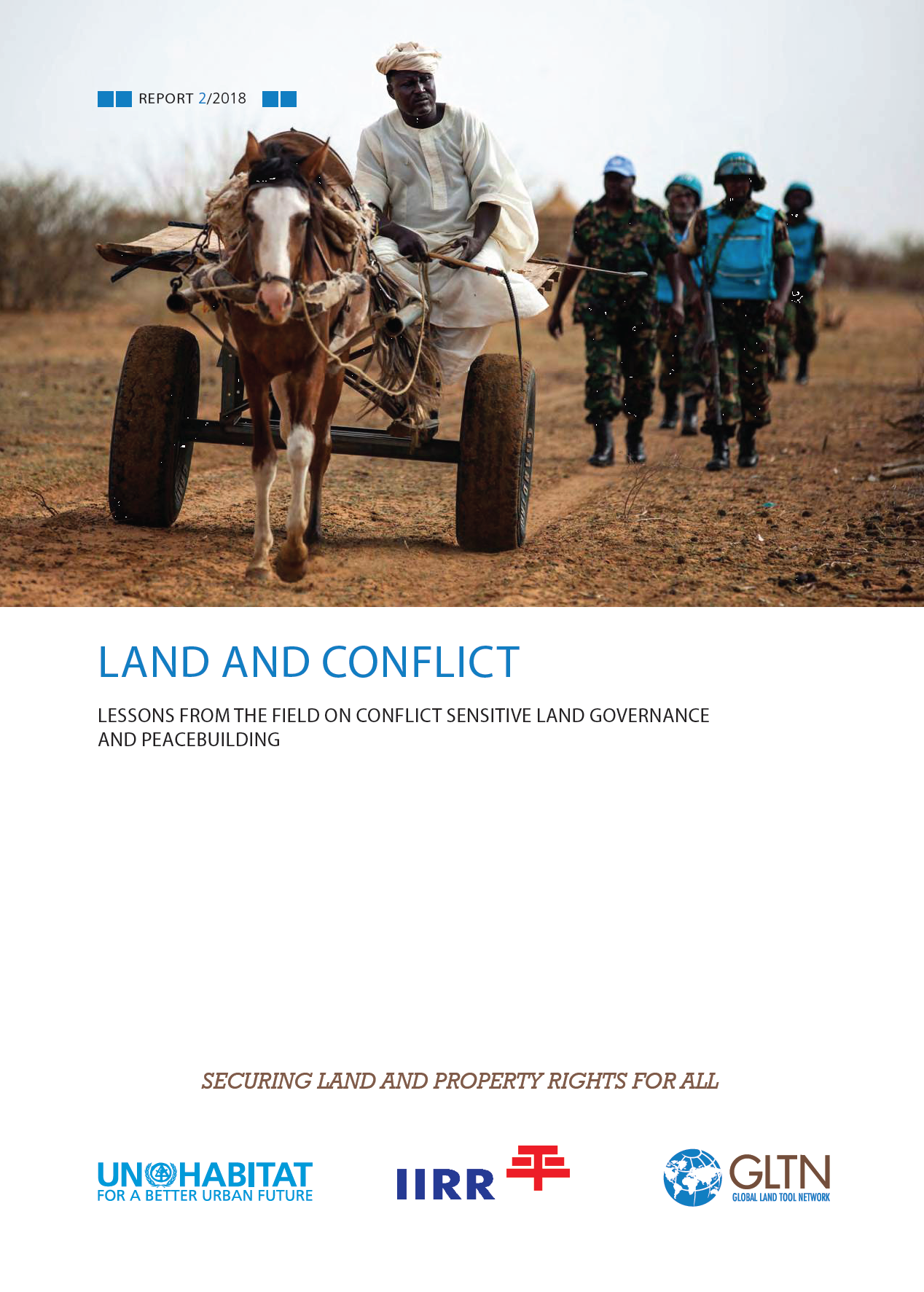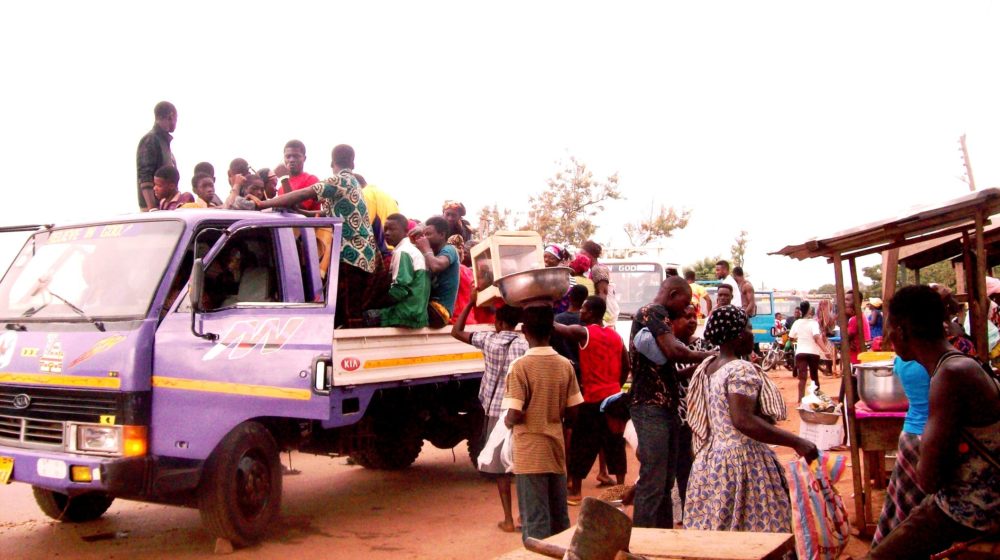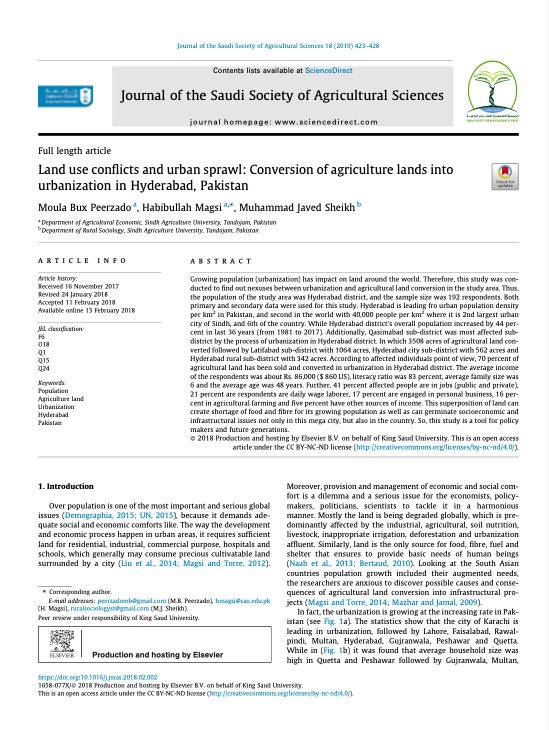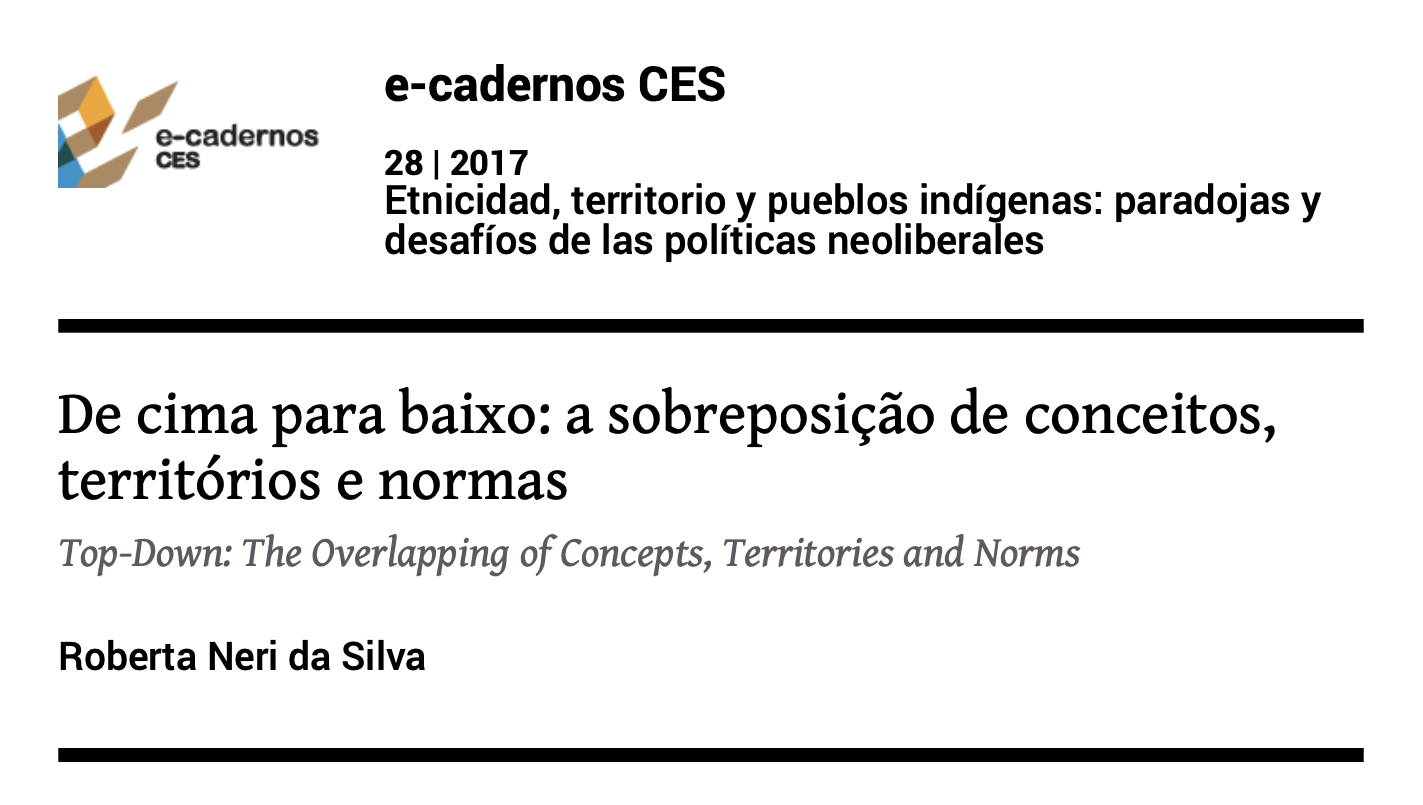Decoding Gender Justice in Land Conflicts Resolution in Rwanda
Rwanda has implemented a land tenure regularization program since 2008 that enabled the adjudication and registration of land rights for both men and women. However, Rwandan women are vulnerable to land conflicts because some men do not recognize or respect women’s rights in land. This study investigates the extent to which government institutions in Rwanda empower women in claiming and defending their land rights. Data sources include questionnaire survey, interviews, and the review of literature on land reform in Rwanda.


